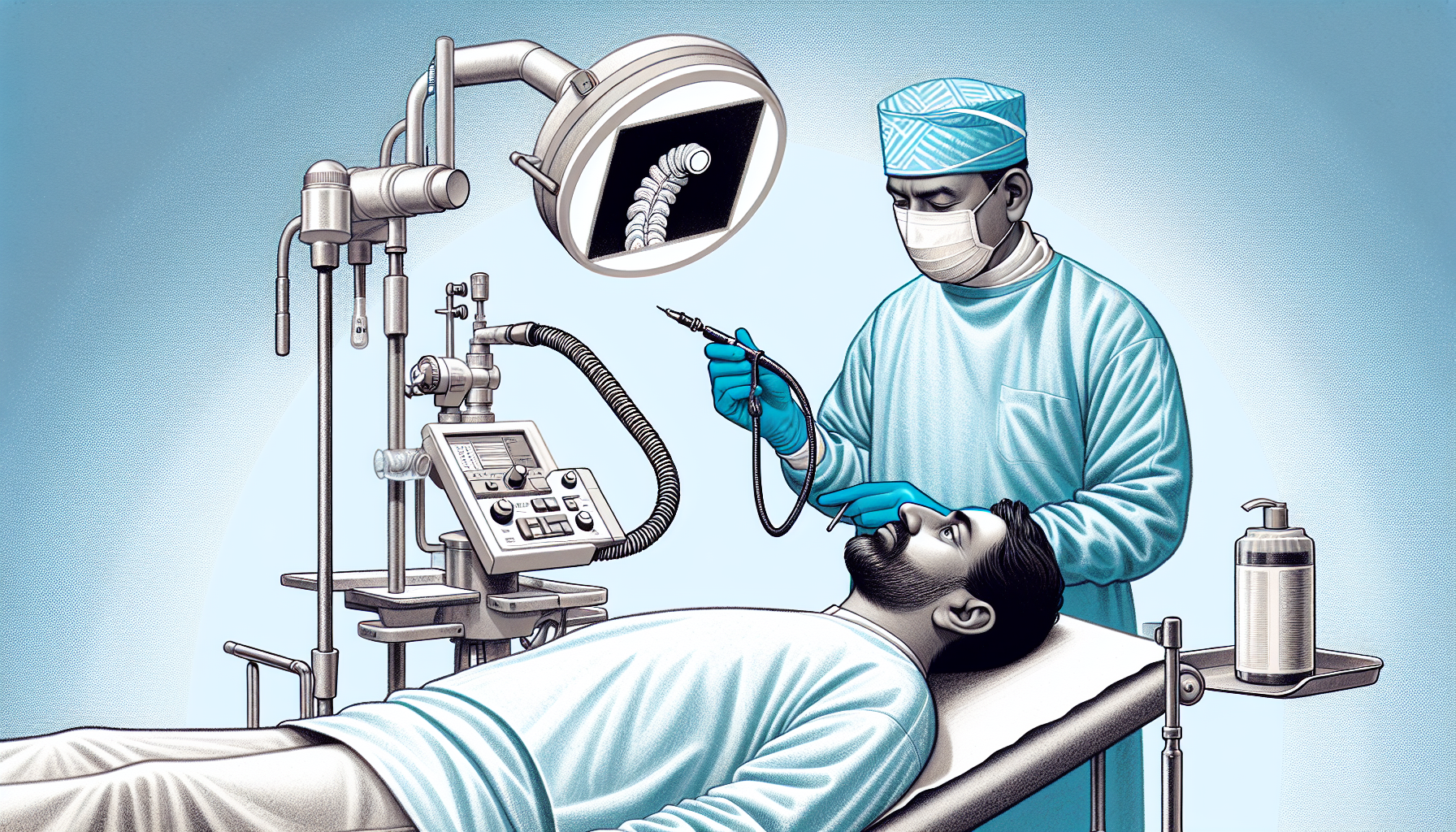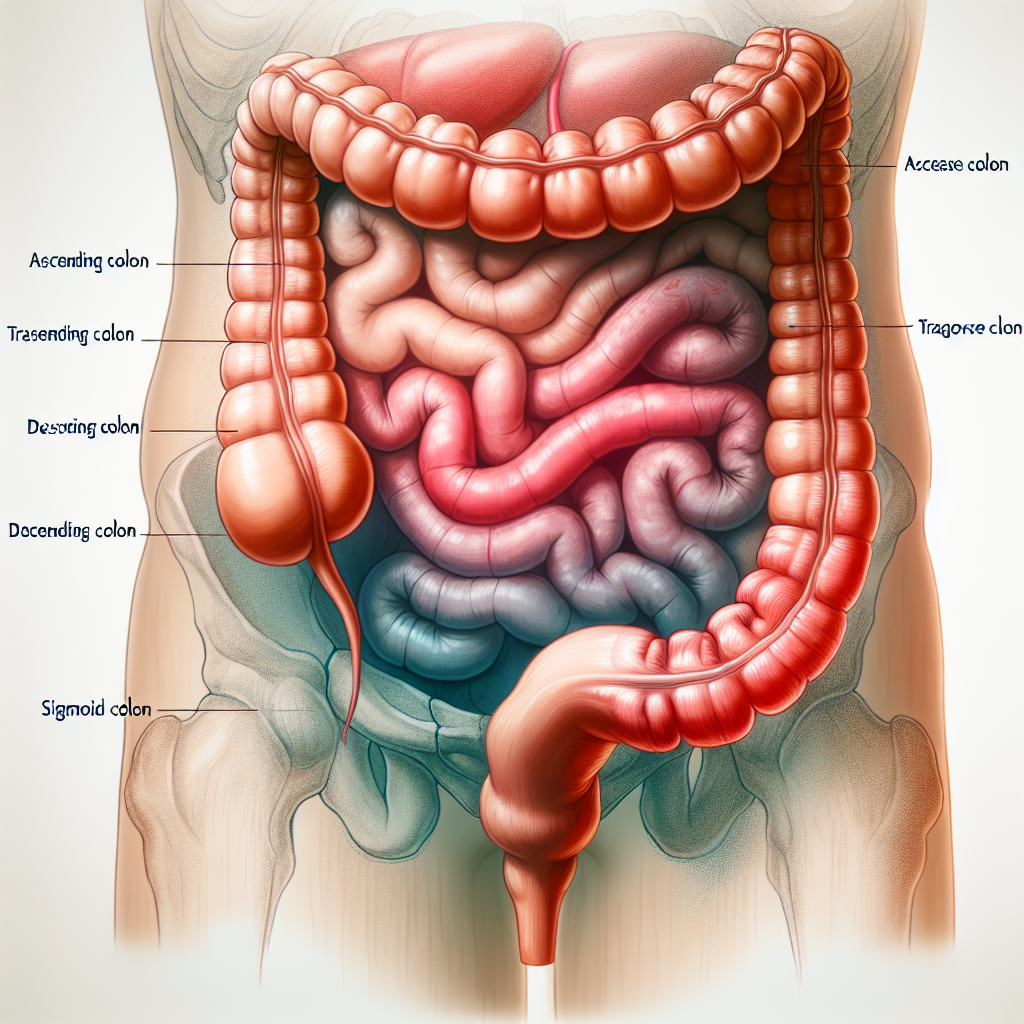The Importance of Regular Medical Screening for Colorectal Health
Colorectal health is a critical aspect of overall wellness that often does not receive the attention it deserves. Regular medical screening for colorectal issues is vital for early detection and prevention of colorectal diseases, including cancer. As our understanding of the digestive system’s impact on our overall health deepens, the significance of maintaining colorectal health becomes even more pronounced.
Understanding Colorectal Health
The colon and rectum form the lower part of the digestive system. Their primary function is to process waste so that your body can expel it. When talking about colorectal health, we’re referencing the proper functioning of these two organs. Issues in the colorectal region can range from benign polyps to inflammatory bowel disease, and, of course, cancer.
The Need for Regular Screening
Colorectal cancer is the third most common cancer diagnosed in both men and women in the United States. However, regular screening can help detect polyps before they become cancerous and can find colorectal cancer early when treatment can be most effective.
Who Should Get Screened?
Screening typically starts at age 45 for those with an average risk of colorectal cancer, but it might be earlier for those with a family history of colorectal diseases or other risk factors. Consult with your healthcare provider to determine when you should begin screening.
The Screening Process
Colorectal screenings come in several forms. The traditional colonoscopy is the most comprehensive, allowing doctors to view the entire colon and rectum and to remove polyps during the procedure. Other screening methods include:
- Fecal occult blood tests (FOBT)
- Stool DNA test
- Flexible sigmoidoscopy
- CT colonography (virtual colonoscopy)
Each method has its advantages and limitations, and your healthcare provider can help you decide which is right for you.
Connections to Overall Health
It’s worth noting that colorectal health is interconnected with other bodily systems. For instance, research has shown a link between digestive health and several chronic diseases. A healthy digestive system can contribute to a strong immune system, heart health, brain health, and more.
Lifestyle Factors Affecting Colorectal Health
Diet and lifestyle choices can significantly impact your colorectal health. High consumption of red meats and processed foods has been linked to an increased risk of colorectal cancer. Conversely, a diet rich in fiber, fruits, and vegetables can promote a healthy colon and rectum.
Importance of Exercise
Physical activity is another critical factor. Regular exercise can reduce the risk of colorectal cancer and improve digestive health in general. It’s recommended that adults get at least 150 minutes of moderate-intensity activity each week.
Symptoms of Colorectal Issues
Be vigilant for symptoms such as changes in bowel habits, blood in the stool, abdominal pain, and unexplained weight loss. If you experience any of these, seek medical attention promptly.
The Role of Medication & Supplements
Sometimes, your healthcare provider may recommend medication & supplements to help manage or prevent colorectal issues. These can range from over-the-counter fiber supplements to prescription medications for conditions like inflammatory bowel disease.
Advances in Colorectal Health Research
Medical research continues to provide new insights into colorectal health. For example, studies on the microbiome’s role in nutrient absorption highlight the complex interplay between our diet, our gut bacteria, and our overall health.
Understanding these relationships can lead to better strategies for preventing and treating colorectal diseases. For people with specific dietary needs, such as those exploring gluten-free diets, the impact on colorectal health can be significant.
External Resources for Further Reading
For those interested in a deeper dive into the connection between diet and colorectal health, resources such as the American Society for Gastrointestinal Endoscopy provide comprehensive guides on how lifestyle choices can impact colorectal health. Additionally, the Colorectal Cancer Alliance offers valuable resources on prevention and early detection strategies.
Colorectal Health in the Context of Chronic Diseases
It’s essential to understand that colorectal health can be an indicator of other chronic conditions. For instance, the gastrointestinal symptoms of autoimmune disorders can sometimes manifest in the colorectal area, making regular screening and symptom tracking crucial.
The Future of Colorectal Screening
Innovations in medical technology promise to make colorectal screenings more accurate and less invasive. For example, non-invasive blood tests are being developed that could one day supplement or replace traditional methods.
Conclusion
Regular medical screening for colorectal health is a crucial step in maintaining overall well-being. By understanding the importance of these screenings and the lifestyle factors that affect colorectal health, individuals can take proactive steps toward prevention and early detection of colorectal diseases. Always consult with your healthcare provider to determine the best screening schedule and methods for you.
As we continue to learn more about how various aspects of health are interconnected, it becomes clear that caring for our colorectal health is caring for our entire self. Take the right steps today to ensure a healthier tomorrow.



